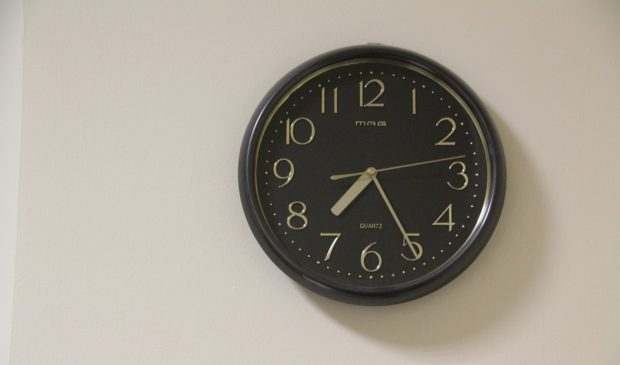Newsletter Signup
The Austin Monitor thanks its sponsors. Become one.
Most Popular Stories
- Firefighters to seek firing of Chief Baker
- Office slowdown sparks new downtown housing ambitions
- Downtown Historic Resource Survey eyes seven new districts eligible for designation
- Elon Musk narrowly wins fight against neighbors over Austin-area home
- With cap of $687M, bond task force to weigh $4.4B in city needs
-
Discover News By District
Popular Whispers
Sorry. No data so far.

Zoning Commission tries to limit lengthy testimony
Thursday, August 18, 2016 by Jack Craver
Apparently traumatized by two marathon hearings over the controversial Grove at Shoal Creek planned unit development, members of the Zoning and Platting Commission spent more than an hour Tuesday discussing ways to limit the amount of time consumed by public testimony on zoning cases.
As a result of the commission’s action, applicants in zoning cases, as well as their primary opponents, will now be given six minutes each to present their case. If a person in the audience wishes to donate his or her speaking time, the applicant or primary opponent can speak for up to nine minutes in total.
In addition, the standard speaking time allotted to all other speakers, either for or against a case, will remain three minutes. Speakers are allowed to receive donation of time from only one audience member, which will cap the maximum speaking time at six minutes.
Previously, ZAP operated under the same rules as most other commissions and City Council, which allow any speaker up to 15 minutes of testimony if he or she can receive enough donations from audience members.
In the past, the commission has been sharply divided over the issue of public testimony and postponements, with commissioners who are typically aligned with neighborhood groups worried that those groups or individuals opposed to proposed developments were not being given enough time to do research or present their case.
The division was most notably displayed in April, when the commission voted narrowly to oust Commissioner Gabriel Rojas from his position as chair after neighbors in opposition to the proposed Austin Oaks PUD complained that he had given more time to project supporters during a hearing on the issue. Former Vice Chair Jackie Goodman and other commissioners with strong ties to neighborhood groups suggested that that controversy, as well as Rojas’ strong support for density and new urbanist principles, either prevented him from being fair to both sides of a case or at least created the perception that he was unfair.
Similarly, Rojas and commissioners who are generally friendlier to development have clashed with the commission’s neighborhood bloc over requests from neighbors to postpone action on cases, including in instances when the city is statutorily required to approve, such as on subdivisions or preliminary plans that comply with city code.
During the lengthy hearing over the Grove, however, it was members of the neighborhood bloc who were dismayed by the amount of time consumed by supporters of the development. Because project supporters always speak first, it was not until late in the night that project opponents got the chance to speak, having waited for hours as supporters addressed the commission.
On Tuesday, no commissioners opposed the idea of trying to cut back on time spent on major cases. The only question was exactly how that would be accomplished. After 50 minutes of discussion over several convoluted proposals, Commissioner Bruce Evans suggested the idea that was ultimately adopted.
A potential solution to the issue of one side hogging all of the time early in a meeting would be to alternate between the sides. Mayor Steve Adler has taken this approach on a number of occasions, Commissioner Susan Harris noted. A representative from the city legal department informed the commission, however, that such a change would require a code change by Council.
“I do think we should ask Council to allow us to alternate speakers,” said Commissioner Betsy Greenberg.
Commissioner Ann Denkler reminded her colleagues that 15-hour hearings were the exception, not the rule.
In her 20 years of involvement in zoning, she said, “I can never think of a time when we had six hours of speakers in favor of anything.”
Photo by kmicican as part of the public domain.
The Austin Monitor’s work is made possible by donations from the community. Though our reporting covers donors from time to time, we are careful to keep business and editorial efforts separate while maintaining transparency. A complete list of donors is available here, and our code of ethics is explained here.
You're a community leader
And we’re honored you look to us for serious, in-depth news. You know a strong community needs local and dedicated watchdog reporting. We’re here for you and that won’t change. Now will you take the powerful next step and support our nonprofit news organization?


